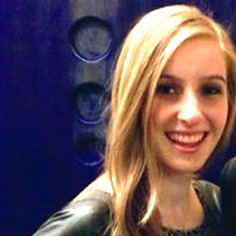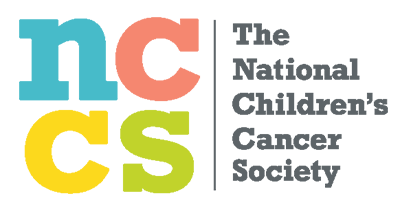
years awarded
“Cancer is so limited… It cannot cripple love. It cannot shatter hope…” I wear this poem on my wrist, as a reminder. Occasionally, I take it off, swapping it out for more fashionable wrist-wear. And yet somehow I always come back to it. To me, this is exactly what survivorship looks like. Survivorship is a moving on, and a coming back. An acknowledgement of resilience, and a realization of the limits of life. That I am a cancer survivor does not define me. But it has certainly shaped who I am, what I want to do, and how I approach the world around me.
When you’re going through treatment, you do not really think about the implications of survivorship, because it is the light at the end of the tunnel that you are reaching for. And it is a truly beautiful thing. Survivorship means that I now have the goal of giving back to the medical community that has given so much to me. It means that I realize how truly short life can be, and I try to live it to its fullest every day. I have learned to be resilient in the face of challenges that come my way. Cancer was one of these challenges, and has continued to be, even to this day.
When I was 18, five years out of treatment, I was transferred to the survivorship clinic at the Children’s Hospital of Philadelphia, where they focused more on the long-term effects of treatment. The first thing they addressed was my fertility. I was diagnosed at 12, so I never really thought about the implications of chemotherapy on my fertility. They measured my anti mullerian hormone levels and found that they were extremely low. This meant that I did not have many eggs left in my ovarian reserves and likely would not be able to have children when I am older. At 18, I was devastated. All I had dreamed of ever since I was a little girl was having a family, and now it felt like those dreams had been held up before me, and crushed. I spent months coming to terms with this reality. Luckily, I had a team of amazing doctors and was able to freeze a few eggs so that if I do need them , I would be able to use them for IVF. Since then, I have realized that there are so many ways to have a family and I’ve really come to appreciate family in all its shapes and forms. And so this is part of what survivorship is to me – realizing that being a cancer survivor is a life-long task, with many challenges along the way.
But being a survivor also means facing these challenges with a different mindset than other people might. Having cancer can be a really gut-wrenching experience at times, so for me, there was nothing to do except make meaning from it, least it be for nothing. So, I devote my time to giving back in the best ways I know how. Towards the end of my treatment, this meant becoming involved in writing an informative booklet for teenagers with cancer. The idea came from my social worker, who noted (very correctly) that there is a dearth of information available for this age-group. In fact, most information about cancer is geared either towards an adult audience or towards a very young, elementary-school-aged audience. Together we co-authored a booklet entitled On a Scale of 1-10, How Much Does It Hurt? In this booklet, a newly diagnosed teenager can find everything he wants to know (and ought to know) about having cancer. From hospital life, to side effects, to social situations, this booklet describes not only the physical side effects of having cancer, but the psychological ones as well. It is my hope that this booklet, full of knowledge only a cancer patient herself could have, helps teenagers cope with their diagnoses and also avoid some issues we encountered along the way. We wanted them to know they are not alone. More recently, I was involved in an informational video produced by Children’s Hospital of Philadelphia to educate children and their parents about fertility options for girls going through treatment. To me, this was the perfect way to tum what I had experienced into something that could do good for someone else.
Despite challenges I face because of it, being a survivor is a blessing that I do not take for granted. I will always try to remember what cancer cannot do; even when it feels like it can do so much. And I hope that I will be able to do this for others, even if it is in small acts.
